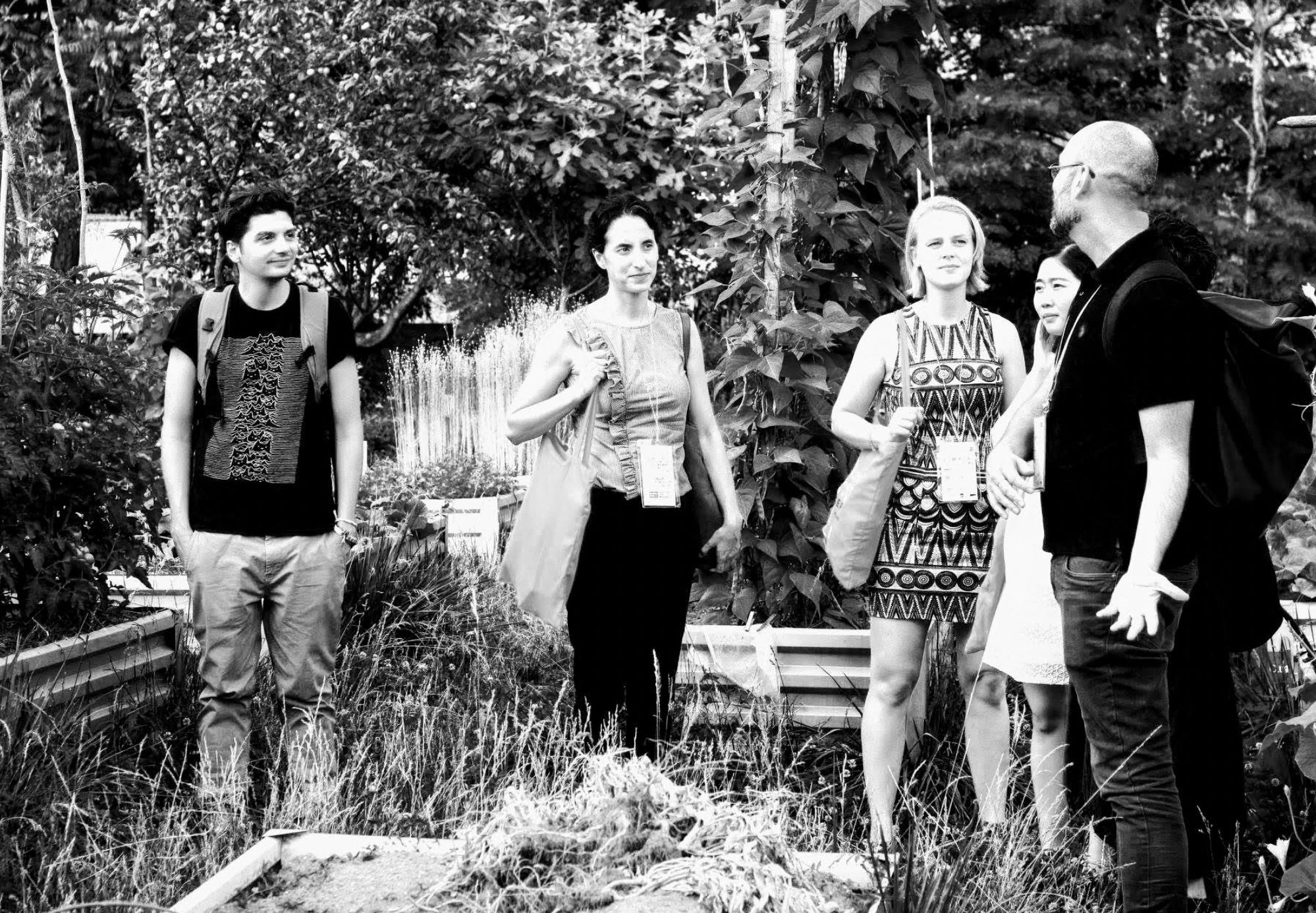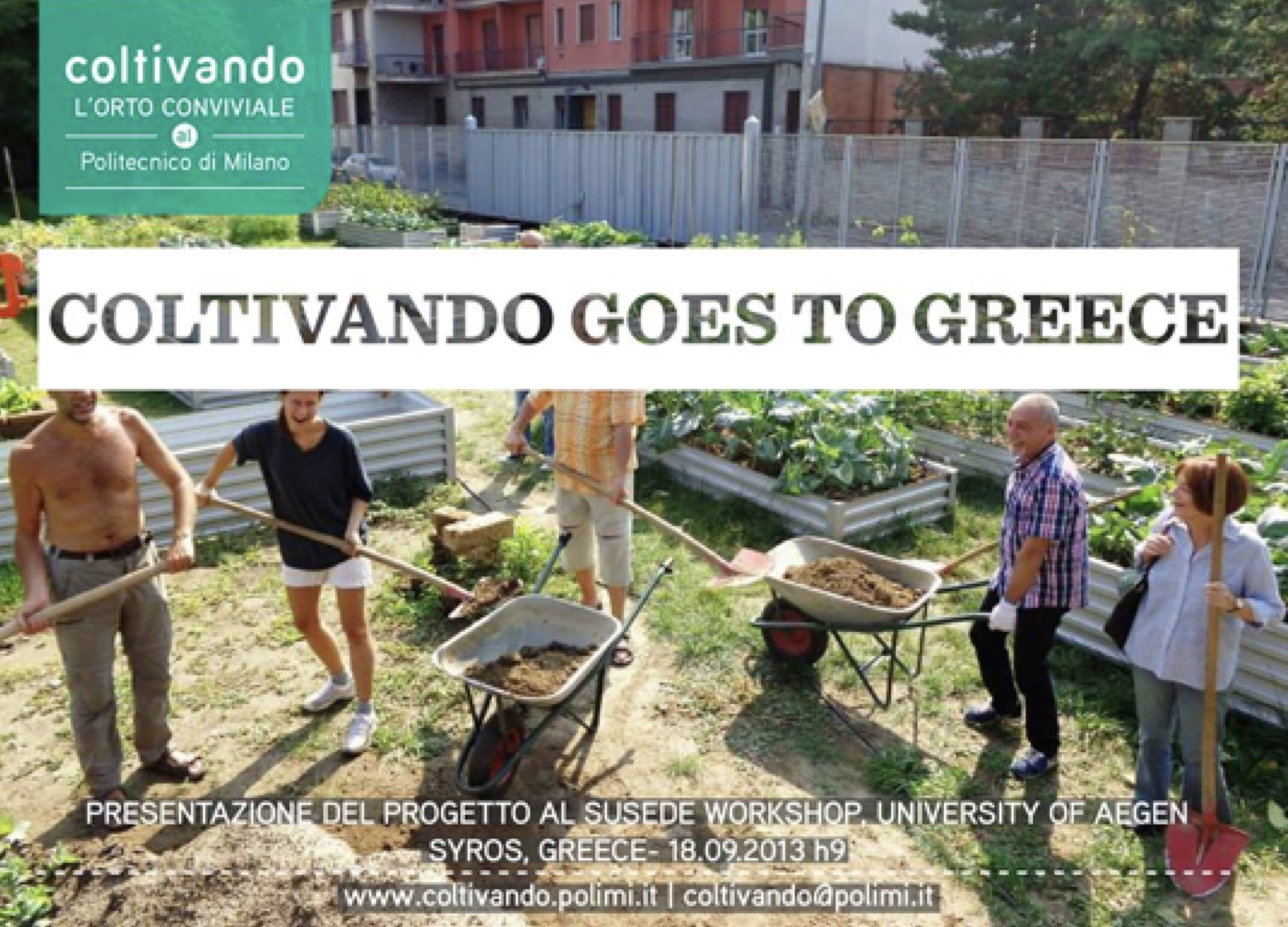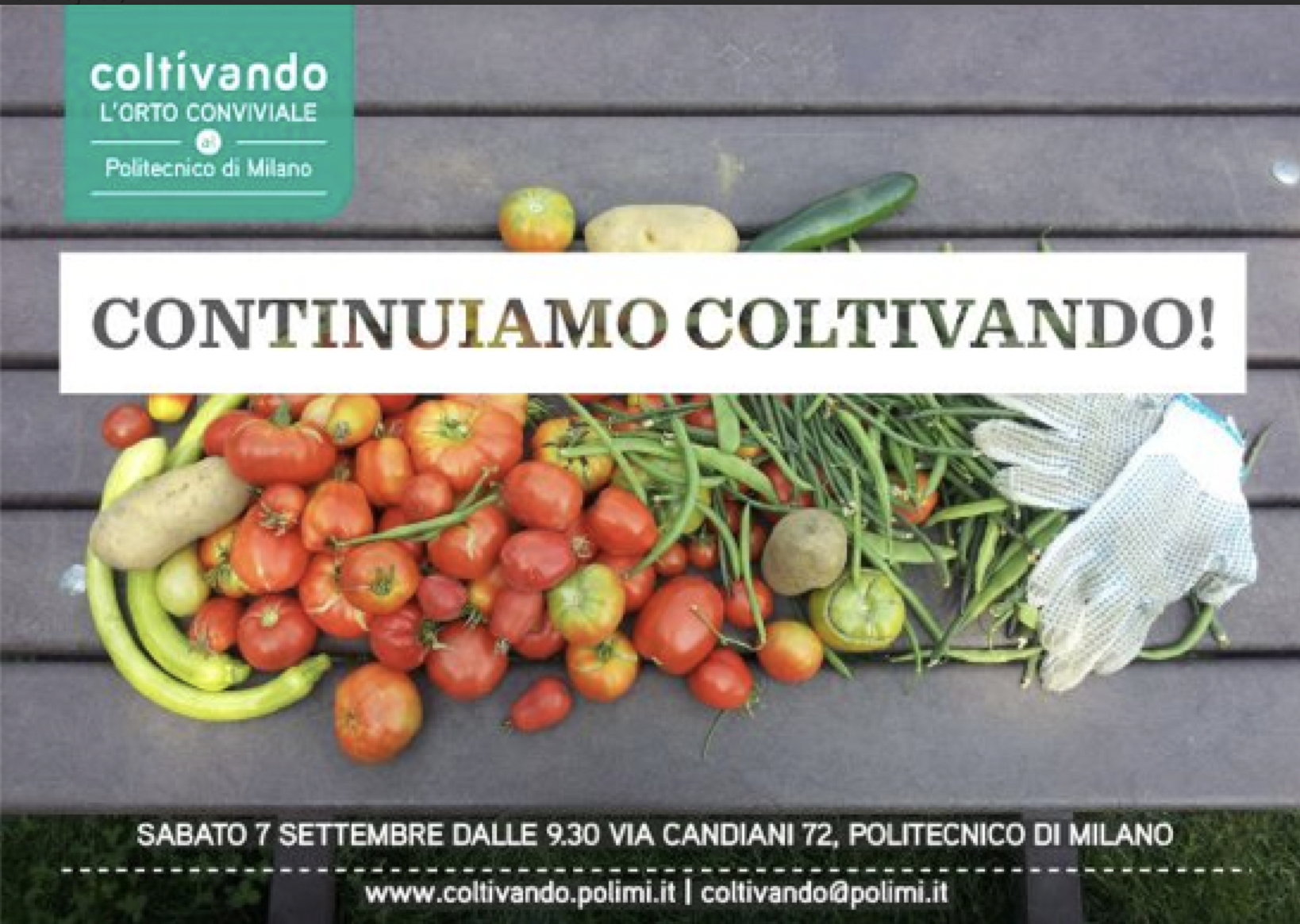COLTIVANDO Garden – Politecnico di Milano, Italy (2012)
Role as a Co-designer
Co-created as part of the Design for Social Innovation for Sustainability (DESIS) Lab at Politecnico di Milano, under the guidance of Professors Anna Meroni and Davide Fassi. Collaborated with master's students and local stakeholders in a rigorous co-design process to develop an open, inclusive community garden on the Bovisa campus.
→ Built upon the principles and learnings from the Docklands Convivial Food Garden (Melbourne)
→ Today, COLTIVANDO remains an active and vibrant site of urban agriculture, community life, and design research in the Bovisa campus of Milano
→ Cited internationally in urban food systems, design-led social innovation, and participatory placemaking
→ Website: www.coltivando.it
Future Policy Innovation: Global Place-Based Research Initiative – Australia / International (2025–ongoing)
Lead Designer & Policy Advocate
Vision:
Australian universities become global leaders in place-based, life-systems-informed research, demonstrating how academic institutions can generate tangible local impact while influencing international policy innovation.
Shifts university research agendas from abstract, theory-only outputs to head, heart, hands-led praxis, integrating intellectual rigour, relational engagement, and practical experimentation.
The Challenge:
Current academic research often produces knowledge that is disconnected from the communities, environments, and economies universities inhabit.
Without embedding research in place, universities miss opportunities to contribute directly to sustainable development, social cohesion, and regenerative practice.
The Innovation:
Establish a Policy Innovation Lab across Australian universities to embed living systems thinking into research agendas.
Each lab partners with local councils, schools, community groups, and small-scale enterprises to co-design applied research projects with measurable social, ecological, and economic outcomes.
Research outputs include practical tools, prototypes, policy frameworks, and community programs, not just papers.
The initiative serves as a model for universities globally, demonstrating how to link place-based learning with actionable policy, social innovation, and regenerative practice.
Key Features:
Community-Embedded Research: Deep collaboration with local stakeholders to ensure relevance and impact.
Applied Living Systems Methodologies: Combines co-design, field-based experimentation, and systemic evaluation.
Global Knowledge Exchange: Australian universities become hubs for international best practice in applied, regenerative research.
Policy & Practice Integration: Connects research directly to government strategy, local economic development, and civic innovation.
Impact:
Universities become catalysts for regional resilience, food sovereignty, ecological literacy, and social innovation.
Students and researchers gain skills in designing real-world solutions, creating a generation of scholars who bridge theory and practice.
Translates academic knowledge into globally relevant policy prototypes, influencing how universities around the world structure research agendas for impact.
Strengthens university-community relationships and builds institutional models for sustainable, regenerative engagement.
Rationale:
Grounding research in place ensures outcomes are socially, ecologically, and economically meaningful.
Demonstrates that universities can lead systemic change at local, national, and international scales, not just through publications, but through practical, actionable interventions.
Positions Australian universities as global exemplars in integrated, living systems-informed research.




